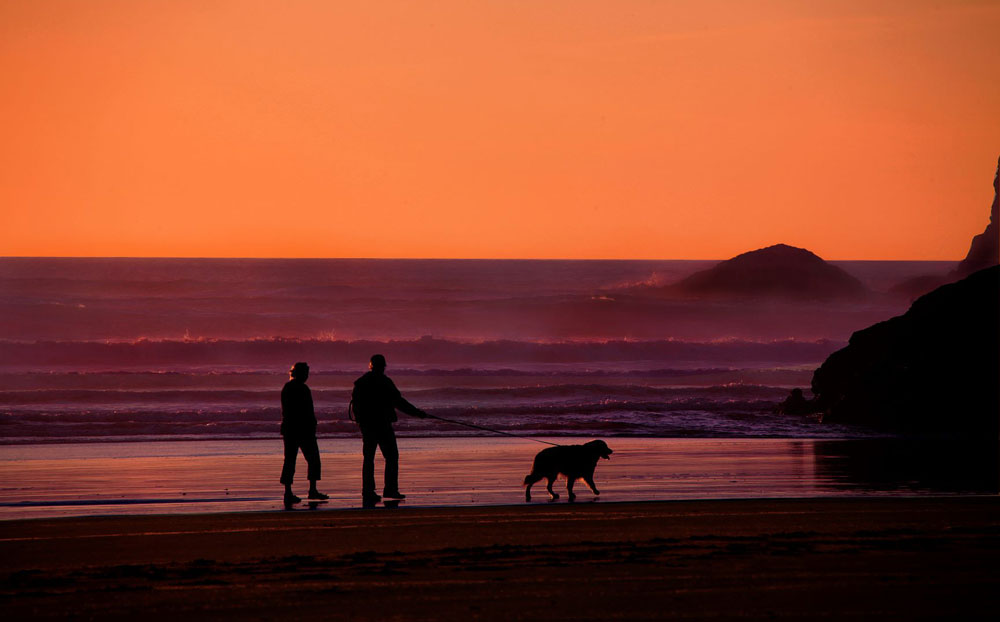Senior Summer Safety
Torrie's top five tips for senior summer safety.

The hottest part of summer is upon us and with that can bring in a lot of dangers for pets, children, adults, and seniors. There are lots of outdoor summer activities that everyone can enjoy and should take precautions before going outside. Our seniors are particularly susceptible to summer dangers so here are my top five tips for senior summer safety.
- Drink Water. Seniors are notorious for drinking coffee all day long. While coffee is a liquid, it contains caffeine and caffeine will dehydrate you so it is not a drink that will quench your thirst. Signs of dehydration in senior adults include confusion, difficulty walking, dizziness, headaches, dry mouth, inability to sweat or produce tears, rapid heart rate, low blood pressure, low urine, constipation and sunken eyes. Drink plenty of water throughout the day to make sure you stay hydrated.
- Sunscreen – Wear It. Apply Often. There are many options available, so there is not an excuse for not wearing sunscreen. Find a brand or type that you will wear, and make it part of your getting ready routine. All skin hues need sunscreen. Protect your skin. The darkening of the skin from the sun is skin damage, not a healthy glow. In addition to sunscreen for your skin, use a lip balm with a SPF (sun protective factor).
- Keep Cool. Lower temperatures have been shown to increase life expectancy. Even small increases in body temperature can shorten the lifespan of senior adults who are fighting a chronic medical condition. When the body is too hot for too long, it can damage the brain and other internal organs. Turn on your air conditioner and/or fans. If you do not have air conditioning, go to the movies, the mall, the library or church to find refuge in cooler spaces. Many senior adults want to save money and try to do so by not turning on the air conditioning – let’s save our health by keeping cool.
- Dress for the Weather. Sunglasses protect your eyes from UV rays that are harmful to vision. Too much sun can also be irritating to your eyes, so protect them. In addition to sunglasses, wear a hat. A hat serves two purposes. It helps shield your eyes, and it also helps shield your face, neck and ears from the sun, which lessens your chances of sunburn and skin cancer. Breathable clothing will keep you covered, protected from the sun and cool all in one. (No polyester double knits in the summer.) If you don’t like the new synthetic blends, go with natural fabrics like a lightweight wool, cotton or linen. Long-sleeved shirts made of appropriate summer materials will not only protect you from the sun but will also help you feel cooler. Don’t forget your shoes when dressing for the summer. Flip-flops may be in style, but they are a fall hazard. If you want to wear sandals in the summer, choose those with walking support and back straps. When you wear sandals without socks, don’t forget to apply sunscreen to your feet.
- Know the Symptoms of Heat-Related Illness. Hyperthermia is heat-related illness, and senior adults are at particular risk. Many of the those who die of heat-related illnesses, such as heat stroke, are over 50 years of age. There are several levels of heat-related illness:
Heat stress occurs when a strain is placed on the body as a result of hot weather.
- Heat fatigue is a feeling of weakness brought on by high outdoor temperature. Symptoms include cool, moist skin and a weakened pulse. The individual may feel faint.
- Heat syncope is sudden dizziness after exercising in the heat. The skin appears pale and sweaty but is generally moist and cool. The pulse may be weakened, and the heart rate is usually rapid. Body temperature is normal.
- Heat cramps are painful muscle spasms in the abdomen, arms or legs after strenuous activity in the heat. The skin is usually moist and cool, and the pulse is normal or slightly raised. Body temperature is mostly normal. Heat cramps often are caused by loss of electrolytes due to sweating. People on salt-restricted diets may be at increased risk for heat cramps even without strenuous exercise.
- Heat exhaustion is a warning that the body is getting too hot. The individual may be thirsty, giddy, weak, uncoordinated, nauseous and sweating a lot. The body temperature is usually normal, and the pulse is normal or raised. The skin is cold and clammy. Heat exhaustion often is caused by the body’s loss of water and salt.
- Heatstroke is life-threatening. An individual with heatstroke has a body temperature above 104°F. Other symptoms may include confusion, bizarre behavior, fainting, staggering, strong rapid pulse, dry flushed skin, lack of sweating, possible delirium or coma. Heatstroke may damage the kidneys, heart, lungs, muscles, liver, intestines and brain. Emergency medical treatment is necessary; call 911 immediately
If you have a senior in your life, don’t forget to check on them during the day to make sure they are okay. These are also good tips for all of us to follow. Stay safe this summer and have lots of fun before the leaves start to change and the best season arrives, football season. The Arkansas Cooperative Extension Service is an equal opportunity institution.